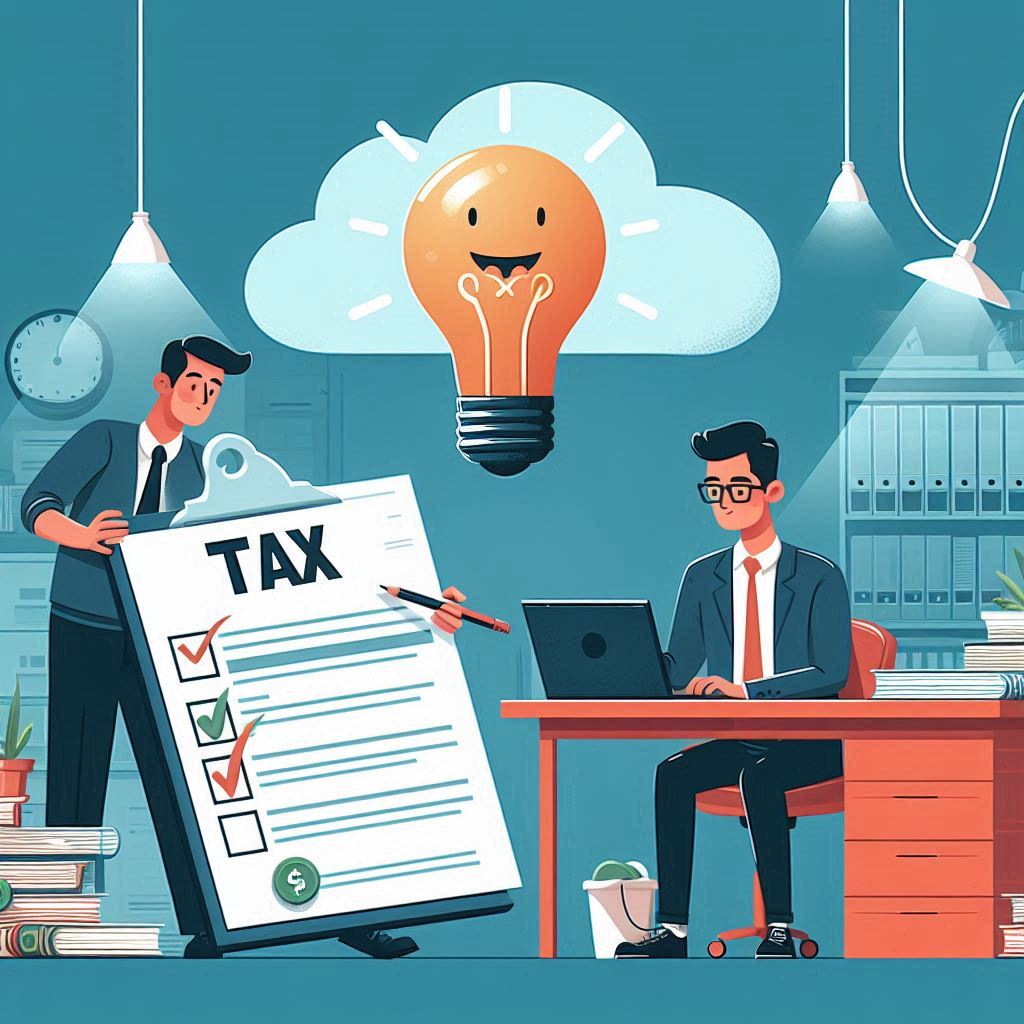As you know, taxpayers in India have the flexibility to choose between two tax regimes: Old Tax Regime Vs. New Tax Regime
Each regime offers distinct tax slabs, rates, and deductions, having the power to significantly impact your financial well-being. The key to choosing the right regime for your income is just a scroll away! Keep Reading!
Understanding the Regimes:
Confused about the Old Tax Regime vs. New Tax Regime? Let’s clear things up before you decide!
Old Tax Regime
This traditional regime offers a wider array of deductions and exemptions under sections like 80C (investments), 80D (medical insurance), HRA (House Rent Allowance), and LTA (Leave Travel Allowance). However, it comes with a more complex structure with multiple tax slabs and rates.
New Tax Regime
Introduced in 2020, this regime boasts lower tax rates with a maximum marginal rate of 30% for income exceeding ₹15 lakhs. While it offers fewer deductions, it compensates with a standard deduction, making tax filing more efficient.
The Choice is Yours, But Choose Wisely!
Selecting the right tax regime requires careful consideration, especially regarding available deductions and exemptions. Remember, for certain income sources, once you choose a regime, you’re stuck with it. Let’s delve deeper and explore the details for the same!
Salaried Individuals
For salaried individuals, there’s more flexibility. You can generally switch between the old and new tax regimes every financial year when filing your ITRs. This means you can choose the regime that best suits your situation for that particular year.
Individuals with Business/Profession Income
For individuals with income from business or professions (including income from derivatives or options trading), the option to switch is more limited. You typically get one chance to choose between the regimes. This choice is usually exercised by filing Form 10-IEA before the due date for filing your ITR. There are some exceptions, but generally, once you’ve chosen a regime, you’re locked into it for the future.
Old Tax Regime Vs. New Tax Regime
Not sure which tax regime to choose? This guide considers both your income level and available deductions to help you choose:
For income below Rs. 5 lakhs:
For individuals in this income bracket, the new regime is generally more beneficial due to the standard deduction of ₹7 lakhs, eliminating the need for cumbersome calculations of various deductions.
For income between Rs. 5 lakhs and Rs. 15 lakhs:
This range presents a grey area. If your total deductions under the old regime exceed ₹1.5 lakhs, it might be advantageous. However, for those with minimal deductions, the new regime’s simplicity and lower tax rate could be preferable. Consulting a chartered accountant or tax advisor is recommended for a personalised assessment.
For income above Rs. 15 lakhs:
In this bracket, the decision becomes more complex. Individuals with significant deductions exceeding ₹3.75 lakhs might still benefit from the old regime. However, those with limited deductions may find the new regime’s lower tax rates more attractive.
(Remember: We strongly recommend consulting with a chartered accountant before finalising any financial decisions.)
Making an Informed Decision:
Picking a tax regime isn’t just about the numbers now. A well-rounded approach considers how your tax choices fit into your overall financial plans.
Here’s how to make this well informed decision:

Financial Planning Considerations
Align your tax planning with goals like retirement savings, debt reduction, or child education. The chosen regime can impact your financial flexibility. For instance, the old regime might be better if you aim to maximise retirement savings through tax-deductible contributions to pension funds.
Investment Plans
Evaluate how your investment plans fit into each regime. If you heavily utilise tax-saving instruments under Section 80C, the old regime might be preferable. Conversely, if you prefer non-tax-advantaged investments, the new regime’s lower rates might offer better after-tax returns.
Annual Review and Adjustments
Regularly reviewing your tax strategy is crucial due to changes in income, marital status, dependents, or investment goals. New tax-saving opportunities or the phasing out of older ones may also necessitate a regime switch. Consulting a qualified chartered accountant or tax advisor is highly recommended. Their expertise can help you navigate the complexities of tax laws and personalise your tax planning strategy for optimal financial benefit.
Thus, adopting a dynamic approach, you can ensure that your tax regime selection continues to support your financial well-being throughout your life journey.

